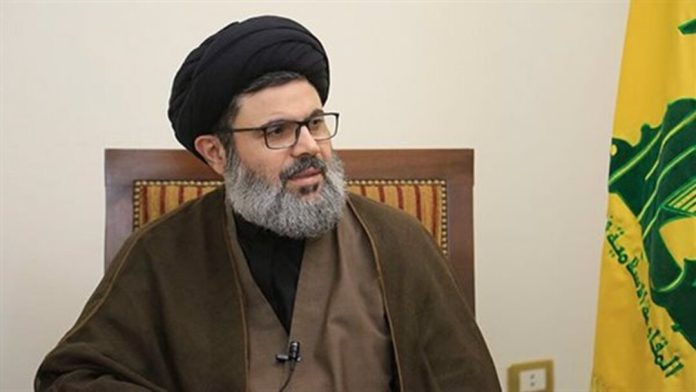Hezbollah has confirmed the death of Sayyed Hashem Safi Al-Din, chairman of the group’s executive council, following an Israeli airstrike. The group released a statement mourning his loss, describing him as a key figure in the “nation of martyrs and resistance” and pledging to continue the path of struggle against Israel. The Israel Defense Forces (IDF) also confirmed that Safi Al-Din, who was regarded as a possible successor to Nasrallah, was killed alongside Ali Hussein Hazima, Hezbollah’s intelligence chief, during a targeted strike on the group’s intelligence headquarters in Dahieh, Beirut.
According to Hezbollah, Sayyed Hashem Safi Al-Din was killed during what it termed a “criminal Zionist raid of aggression”, joining the ranks of martyrs whom the group reveres. The statement compared his role to that of Abu Al-Fadl Al-Abbas, a figure of loyalty and sacrifice in Islamic tradition, emphasizing that Safi Al-Din stood by Hezbollah’s Secretary-General Hassan Nasrallah in times of crisis and was entrusted with leadership responsibilities.
Hezbollah praised Safi Al-Din’s long service to the organization, highlighting his management of the Executive Council and various institutions within the resistance movement. The group framed his death as part of an ongoing struggle for the liberation of Jerusalem, invoking the symbolism of Karbala and the importance of martyrdom.
The statement extended condolences to Imam Mahdi, the spiritual guardian of Muslims, as well as to the Islamic seminaries, Safi Al-Din’s fellow fighters, and his family. Hezbollah vowed to carry forward his mission, pledging to continue the resistance until “freedom and victory” are achieved.
This development follows reports that Hassan Nasrallah himself was killed in an earlier Israeli strike. The deaths of both Nasrallah and Safi Al-Din represent a significant blow to Hezbollah’s leadership structure, as both men were seen as pillars of the Iran-backed organization.

